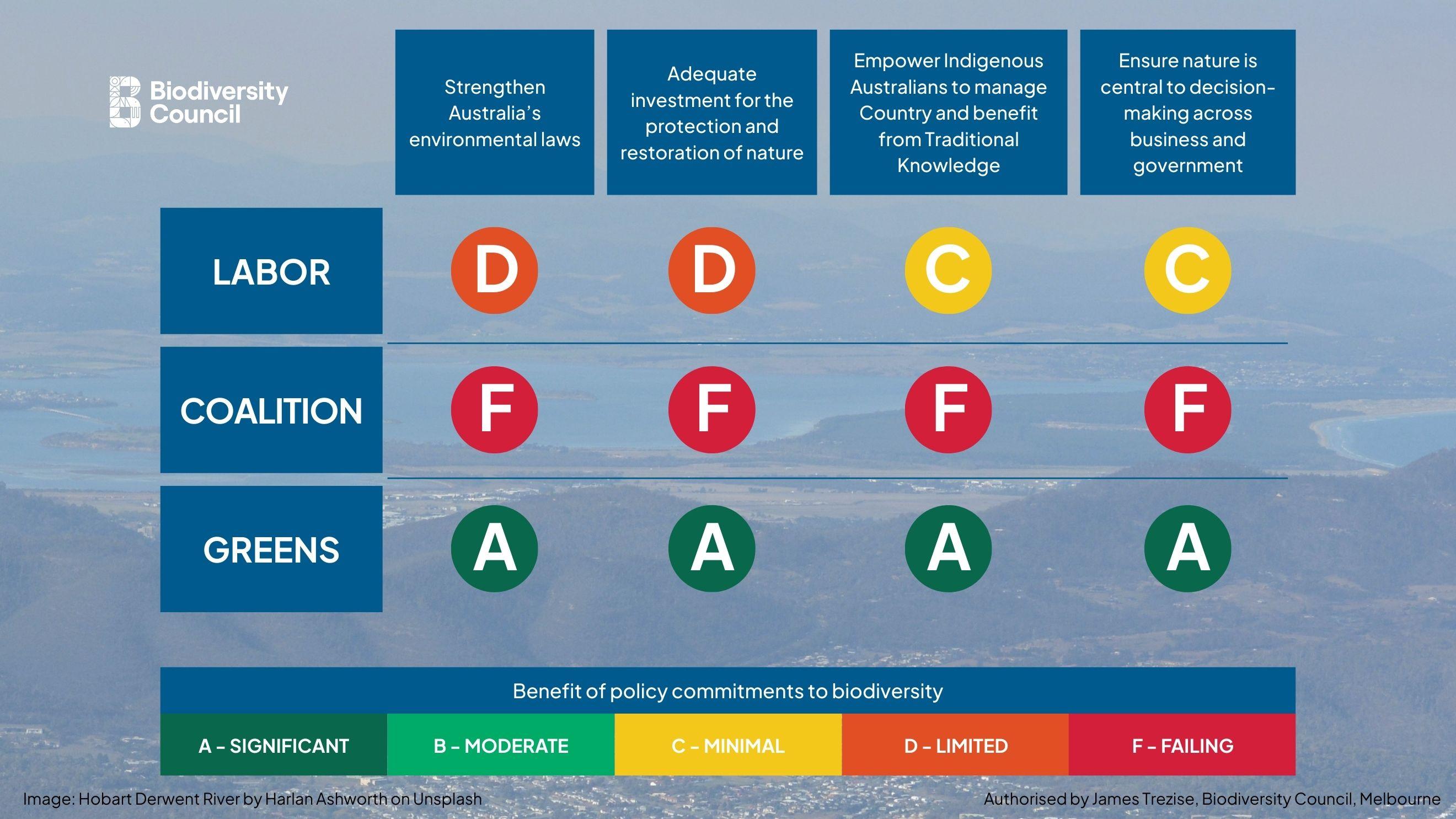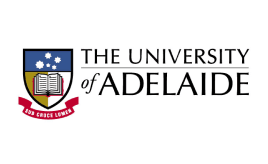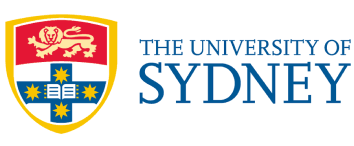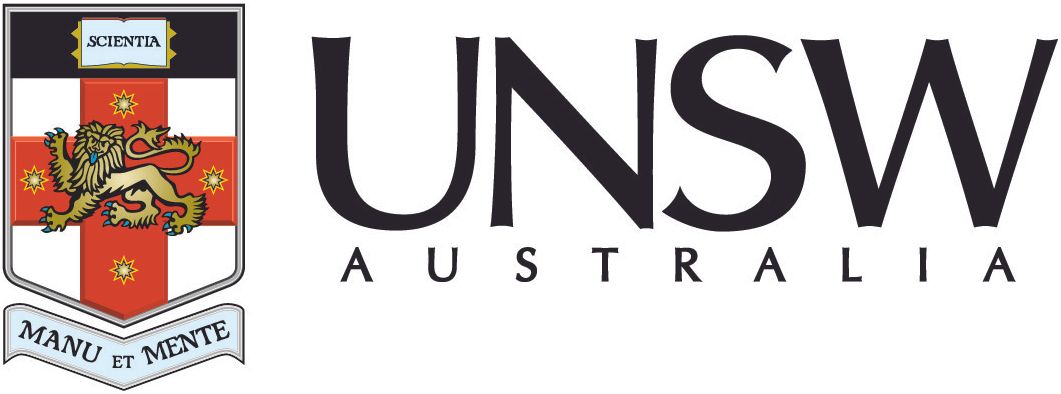Major parties have a major nature policy vacuum

Many people enjoyed the stunning natural environment at Brooyar State Forest, Queensland over the Easter long-weekend. Image: Jaana Dielenberg
Media Release
23 April 2025
Australia’s natural environments will be left in a worse state for future generations under the policy commitments of both major parties, according to an analysis by independent expert group the Biodiversity Council.
The Biodiversity Council’s assessment was conducted by a panel of experts from seven Australian universities, encompassing environmental science, policy, law, and Indigenous backgrounds.
The panel included Hugh Possingham, former Chief Scientist of the Queensland Government, Co-Chief Councillor of the Biodiversity Council, and Professor of Environmental Science and Mathematics at the University of Queensland.
According to Professor Possingham, Australia is losing nature at a rapid and unsustainable rate, and existing government policies and programs are, “like throwing cups of water at a burning house.”
“It is well understood that things are not working. The government’s own reviews and State of the Environment reports confirm that current government policies are enabling significant ongoing harm to nature.”
The assessment evaluated the policy commitments of Labor, the Coalition, and the Australian Greens against four key areas necessary for effectively managing nature:
- Effective nature protection laws
- Adequate funding
- Considering nature impacts in business and government decision-making
- Empowering Indigenous Australians to manage Country
“We found Labor’s nature-related policies to be minimal and the Coalition's a failure,” said Professor Possingham.
“The majority of Australians are likely to feel very disappointed by what Australia’s two major political parties are promising for nature.
“The Australian Greens policies ranked highly, and if enacted through a balance of power situation, could deliver meaningful improvements in the state of Australia’s environment.”

Biodiversity Council Lead Councillor and Professor of Sustainability Sarah Bekessy from RMIT University stated that parties not taking action on protecting Australia's unique biodiversity are out of step with the community.
“Our recent research found that 96% of Australians believe that more action is needed to look after the natural environment, with over half (58%) agreeing that ‘a lot more’ or ‘a great deal more’ action is necessary.
“Three quarters of Australians support support strengthening environmental laws to protect nature and almost everyone (95%) believes that more of the federal budget should be dedicated to nature protection.”
Biodiversity Council member and Professor of Environmental Law, Jan McDonald from the University of Tasmania is disappointed that neither major party has detailed plans for fixing our national environmental laws.
“Australia’s environmental laws are currently ineffective. They don’t protect nature, are open to political interference, and are poorly enforced.
“Labor have committed to establishing an EPA, but have stated they will scrap their existing approach and start consultation again. We don’t know what this will look like.
“Avoiding harm to nature is cheaper than trying to fix it. Having and enforcing strong laws is a cost-effective step we can take now to reduce the bill for future generations.”
Biodiversity Council member and Professor of Wildlife Conservation Euan Ritchie from Deakin University said that the Australian economy is heavily dependent on a healthy environment.
“Failure to invest adequately in nature conservation is akin to businesses neglecting their essential assetst.
“The Australian Government currently spends an embarrassing $0.06 in every $100 on caring for nature.
To support our health, agriculture, tourism, and the places and species that make Australia special and the envy of many around the world, investment in nature conservation needs to be lifted to 1% of the federal budget. Only the Greens have committed to a significant funding increase.”
The Biodiversity Council was founded by 11 Australian universities to promote evidence-based solutions to Australia’s biodiversity crisis.














